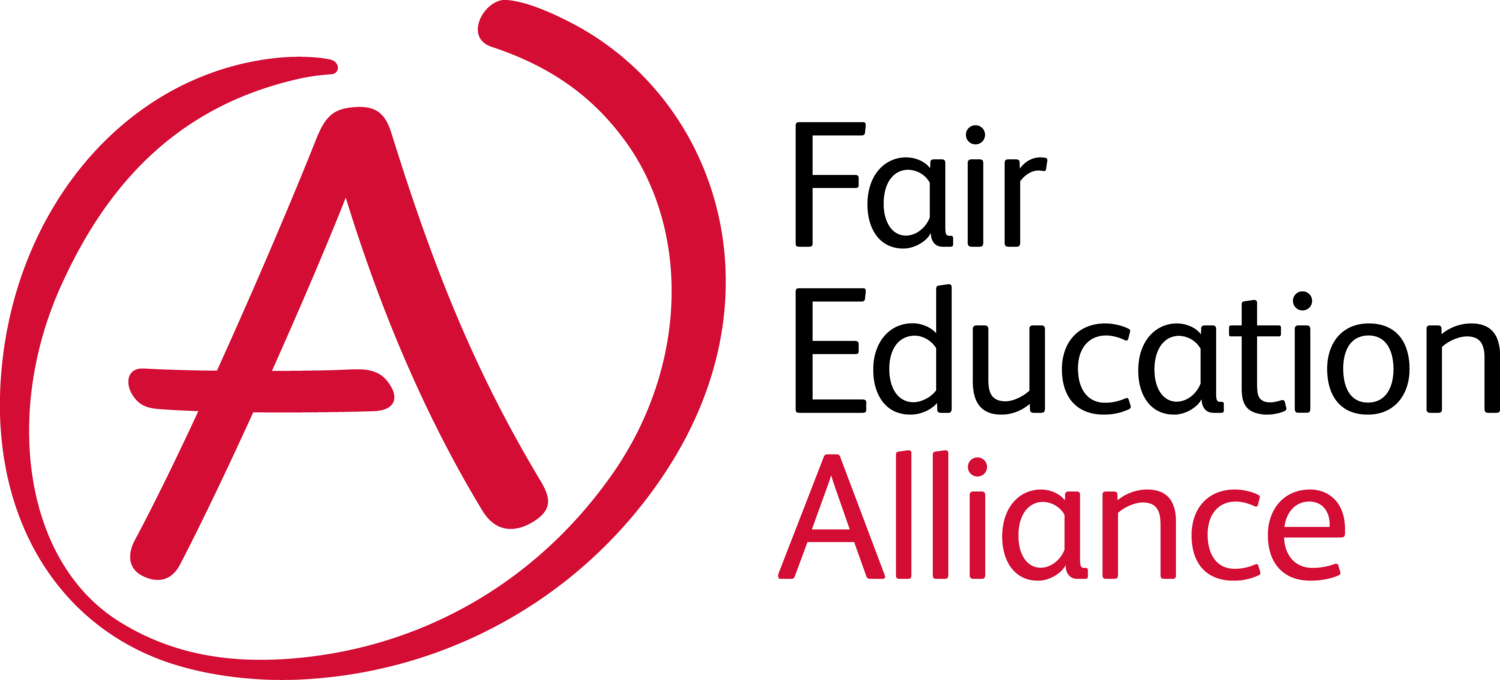The Fair Education Alliance supports the vision of “Opportunity for all: Strong schools with great teachers for your child”, which is ambitious in the targets it sets for pupils. However, the White Paper fails to recognise the severity and complexity of the challenges children and young people are facing.
Gina Cicerone, Chief Executive of the Fair Education Alliance, said, “We are living in a time of growing inequality and rising poverty, with poorer children across the country experiencing deteriorating mental health, food and housing insecurity, and a widening educational attainment gap versus their wealthier peers. The government’s White Paper sets high ambitions, but to have a hope of reaching them, we need more funding and an understanding of the complexity of the problem. Today’s SEND Green Paper proposed welcome plans for cross-agency local solutions and new funding for SEND and alternative provision – we need joined up action and investment for children without SEND diagnoses as well.”
We are working toward a collective vision for a fairer and more inclusive education system, and our member organisations from across businesses, charity, social enterprise and educational institutions are already testing and scaling successful solutions. The focus areas of “Opportunity for all” overlap significantly with our four priorities:
· Developing the whole child including wellbeing, skills, and attainment
· Engaging parents and communities of all backgrounds in education
· Preparing young people for accessing employment, education, and training
· Supporting teachers and leaders in the most disadvantaged areas
However, the White Paper fails to acknowledge the complex work needed to address the root causes of inequality across these priorities. It is ultimately a missed opportunity at a time when children, young people and schools need real investment from the government.
· It fails to consider the extremity and complexity of the challenge. Before the pandemic, disadvantaged children were 18 months of learning behind other children and the pandemic has significantly widened that gap. Further, disadvantaged pupils are at greater risk of poor mental health due to rising poverty and growing inequality. Addressing the growing chasms of mental health, wellbeing, housing and food insecurity takes a community beyond the school. While the recently published SEND Green Paper makes welcome proposals for partnerships between education, health, and local government, there hasn’t been enough consideration of the complex needs of children without an Educational Health Care Plan. Cross-sector and cross-agency work is needed to improve outcomes for all disadvantaged children.
· It fails to allocate funding to solutions that will support its ambitions. “Opportunity for all” continues to increase school accountability – for both attainment and attendance – with hardly any additional resource, especially once inflation is taken into account. Schools have been instructed to deliver targeted intervention including tutoring, and to keep parents informed, without additional funding to pay for that support or to engage with families in a deeper way. On the other hand, the White Paper puts energy and funding into academisation, when there is no evidence that MATs lead to better outcomes. The £86 million pledged for trust capacity building would have more impact elsewhere.
· It takes an unnuanced view of how children become literate and numerate. We need more acknowledgement of the wider factors that impact literacy and numeracy progress– such as parental engagement, wellbeing, a rounded curriculum, and funding for resources. Our Literacy Advocacy working group has produced a manifesto laying out the scale of change needed to achieve true literacy for every child; they will soon be publishing a National Literacy Strategy with detailed recommendations.
We do welcome some proposals in the White Paper. These include:
· The commitment to make no changes to the National Curriculum for the remainder of the Parliament to give schools stability
· Plans to support sport, music and cultural education as part of a broad and ambitious curriculum; and
· Acceleration of the introduction of Mental Health Support Teams
We recognise the White Paper’s ambitions. However, it fails to deliver the support needed to make them a reality.
